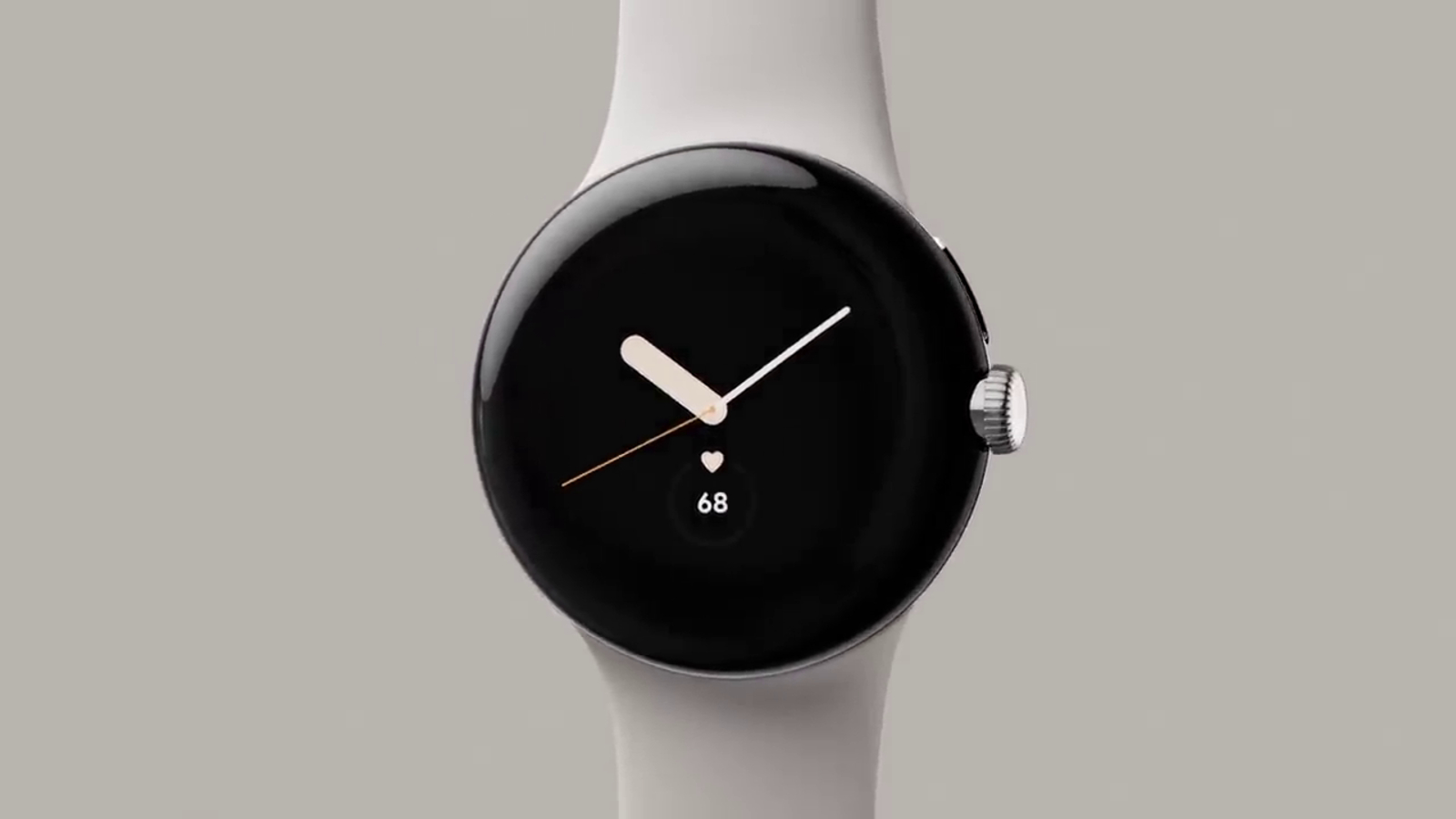Google Pixel Watch tipped to be more powerful than we thought
Two chipsets, more RAM

The internals of the Google Pixel Watch might not be as underpowered as we expected, according to a new report. The latest rumor follows on from a previous leak that the wearable would use the Exynos 9110, a four-year-old chipset.
However, according to sources speaking to 9to5Google, the Pixel Watch will apparently use a second chipset to help share the load (for reference, the Snapdragon Wear 4100+ does something similar).
The full capabilities of this co-processor are still unconfirmed, but it could potentially take care of certain tasks like managing the always-on display and making sure health and fitness statistics are constantly tracked.
More RAM too
This latest leak also states that the Pixel Watch will have more RAM than any other Wear OS smartwatch on the market at the moment (so more than the 1.5GB of RAM that you'll find inside the Samsung Galaxy Watch 4).
Those upgraded internals should help to ensure a smooth user experience and faster performance, assuaging some of the worries that were expressed when the Exynos 9110 news broke. After all, we are talking about a flagship wearable from Google that's been long anticipated.
Lastly, the smartwatch is being tipped to feature an impressive 32GB of internal storage, which compares well to other models. Heart rate sensing, blood oxygen monitoring and ECG functionality are expected to be included too.
Analysis: the positives of working with Fitbit and Samsung
Although it's now official, we still don't have all that many details about the Pixel Watch – and until it goes on sale, the rumors are likely to keep on coming. Google revealed a few bits of information at Google IO 2022, but questions remain.
Get daily insight, inspiration and deals in your inbox
Sign up for breaking news, reviews, opinion, top tech deals, and more.
We do know that the smartwatch is going to work well with Google's services, as you would expect. On the back of Google's acquisition of Fitbit, some of the Fitbit expertise in terms of sensor accuracy is going to make its way to the Pixel Watch.
Another partnership that Google and the Pixel Watch are benefitting from is the one with Samsung: the chipset design is apparently closing following the one Samsung has used for the Exynos chipsets, improving efficiency and performance.
With so much riding on this device and this launch, Google has made smart moves in leaning on the likes of Fitbit and Samsung – manufacturers with much more experience in this field. We'll have to wait and see if it pays off.
A Malayali-Mumbaikar, Sachin found an interest in all things tech while working in the BPO industry, often spending hours in tech blogs. He is a hardcore foodie and loves going on long bike rides. Gaming and watching TV shows are also some of his other hobbies
- David NieldFreelance Contributor
